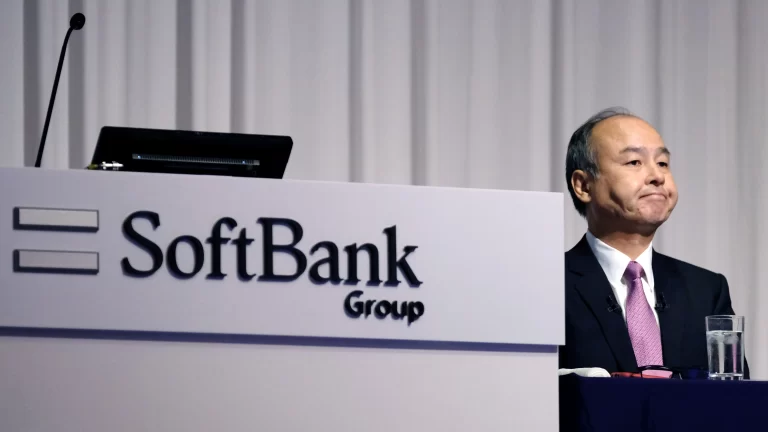Right now, take out any credit card that you possess. Do you see MasterCard or VISA on it? Chances are that you do, and there is a reason why. In today’s world, the credit card market is dominated by these two companies. As these two companies share 80% of total credit card volume, many retailers deem them as a duopoly.
The Credit Card Competition Act of 2023 was recently introduced as a bipartisan push to reduce credit card fees and boost competition. More specifically, this bill proposes that each bank should allow at least one network that does not involve MasterCard or VISA. There are two main opponents in this situation: retailers and major credit card processing networks.
On one hand, large retailers such as Walmart and Amazon argue that this bill can be helpful to reduce the total costs that consumers pay. By reducing per-use fees such as swipe fees (aka interchange fees), they believe will allow retailers to garner more consumers. On the other hand, credit card companies such as MasterCard and VISA believe that diminishing popular networks can reduce the impact of rewards programs and fraud protection. Many critics believe that this bill is “bait” for consumers and that it gives more power to the retailer as opposed to the consumer.

Despite the fact that this bill was designed to appeal to both Democrats and Republicans, this controversy revolves around the consumers and business rather than the political parties. As businesses are trying to find more ways to cut costs for consumers, it will be interesting to see whether this law will be enacted. Will this bill truly benefit consumers and allow less well known credit card companies to prosper? Or will it end up giving too much power to retailers and disrupt the profits of the more popular companies in the credit network?









+ There are no comments
Add yours